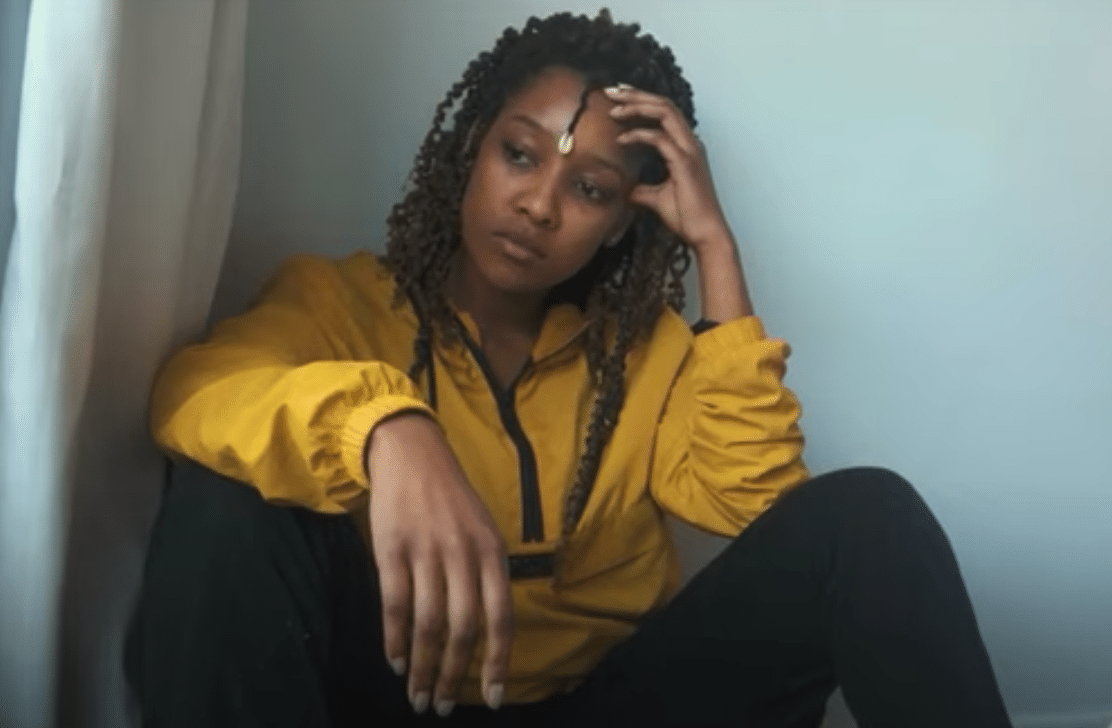10 Reasons Not to Stay in an Abusive Relationship

If you are in an abusive relationship, see these helplines where you can seek assistance.
Relationships are supposed to support, encourage, and uplift you. If your partner bullies, humiliates you, or degrades your self-esteem – these are red flags. Some partners find comfort and pleasure in abusing their partners – whether it is verbally, physically, sexually or emotionally.
Often, victims convince themselves that staying in that relationship is better than leaving; justifying their partners’ actions. But abuse is never justifiable, and the reasons people choose to stay can be easily argued against; often times, they are the reasons to not stay in the relationships.
- “I love him.”
People often stay in abusive relationships because they love their perpetrators. But as this famous passage goes: “love is patient; love is kind. It does not envy; it does not boast; it is not proud. It does not dishonour others; it is not self-seeking. It is not easily angered; it keeps no record of wrongs. Love does not delight in evil but rejoices with the truth.”
If the love you share with your partner contradicts this, then it is not really love and you shouldn’t stay with them.
2. “If I hadn’t…”
When people are in abusive relationships, they always excuse their partner’s actions. This is often done by blaming themselves for offending them, triggering them, provoking them: “If I hadn’t done x, y and z, he wouldn’t have insulted, slapped, and/or pushed me to the ground.”
This is absolutely wrong. Their actions are a result of their abusive nature; your mistakes do not deserve violence.
- “What about the children?”
Many people find it hard to leave their abusive partners, if they have children with them. Apart from the stigma that comes with divorce, they fear the children will be stigmatized for coming from “broken homes.”
However, an abusive home is already a broken home; growing up in such an environment will have a much greater, negative impact on your children. They might continue the cycle of abuse – learning to do the same, or worse, to their own wives and children.
- “It’s not a big deal. Everyone goes through it.”
Many victims of domestic violence make light of the abuse by denying it. They act like it is not a big deal because they want to believe that it isn’t. In some cases, they know or have heard stories of “strong women” who have stayed in abusive relationships. People tell you you’re not the first, that everyone goes through it; but this is wrong.
Irrespective of how common it is, abuse is abuse and should be treated as a big deal – because it is.
5. “We’ve been together for so long.”
People have romanticised long-term relationships to the point that it is almost preferable to stay in an abusive long-term relationship than to leave.
However, the success of a relationship should be measured by the nature, not the length. It doesn’t matter how long you have been together; you should leave the moment the relationship stops benefits you. If it doesn’t help you grow or does not make you happy, it is a toxic relationship and you should not be afraid of leaving.
- “Who would want me?”
People are scared of leaving their abusive relationship because they fear they won’t find happiness afterwards. They might think they won’t have access to the same opportunities, or someone to love them; so, they would rather stay with the devil they know, than the angel they don’t know.
But this is just a misconception. Sure, life will be different, and nobody likes accepting change; but a little start-over never hurt anybody. You have to start from somewhere – get a new job, change your hairstyle, start that business you have dreamt of since you were a child.
7. “How would I be able to provide for myself/my kids?”
Most abusers are the breadwinners of the family; so, victims find it hard to leave them because they have become dependent of them. But abuse is not negotiable and at some point, you have to make decisions that are good for your mental health.
Start by leaving for a safer environment – staying with friends or family members or finding a safe house or a shelter. Once you’re safe, you should start looking for a job. You might not be able to afford the lifestyle you were used to right away, but you will be able to afford your needs.
- “I’m strong; I can handle it.”
The strength of a woman is often defined by suffering. Listen, you don’t have to play by such rules. Leaving an abusive relationship is hard and it takes the strongest of people to do it. Remind yourself that is strength is measured by having the guts to do something difficult.
- “What if they follow me?”
Abusive partners may threaten to hurt or even kill you if you dare to leave; they may blackmail you, bully you, frighten you by holding something over your head. But you shouldn’t let them get to your head. Get a reliable support system and remember that the law is on your side. When you leave your abuser, go somewhere safe – a friend’s place, a safe house or shelter. Call a helpline if you feel in danger, reach out to the police for protection.
- “What would people say?”
Cultures often pressure people to stay in relationships. Victims are told they will bring shame to their families if they speak up against their partners; they are warned that nobody would want to be in a relationship with them afterwards. They are also blamed for what happened to them.
But often times, culture is on the side of the abuser and we must never let it dictate our every move.
There is no legitimate reason to stay in an abusive relationship – whether it is platonic or romantic. If the relationship is no longer loving, encouraging, supportive, it is time to pack your bags and leave. Choose yourself and make decisions that improve your mental health.



Comments
Log In or register to comment